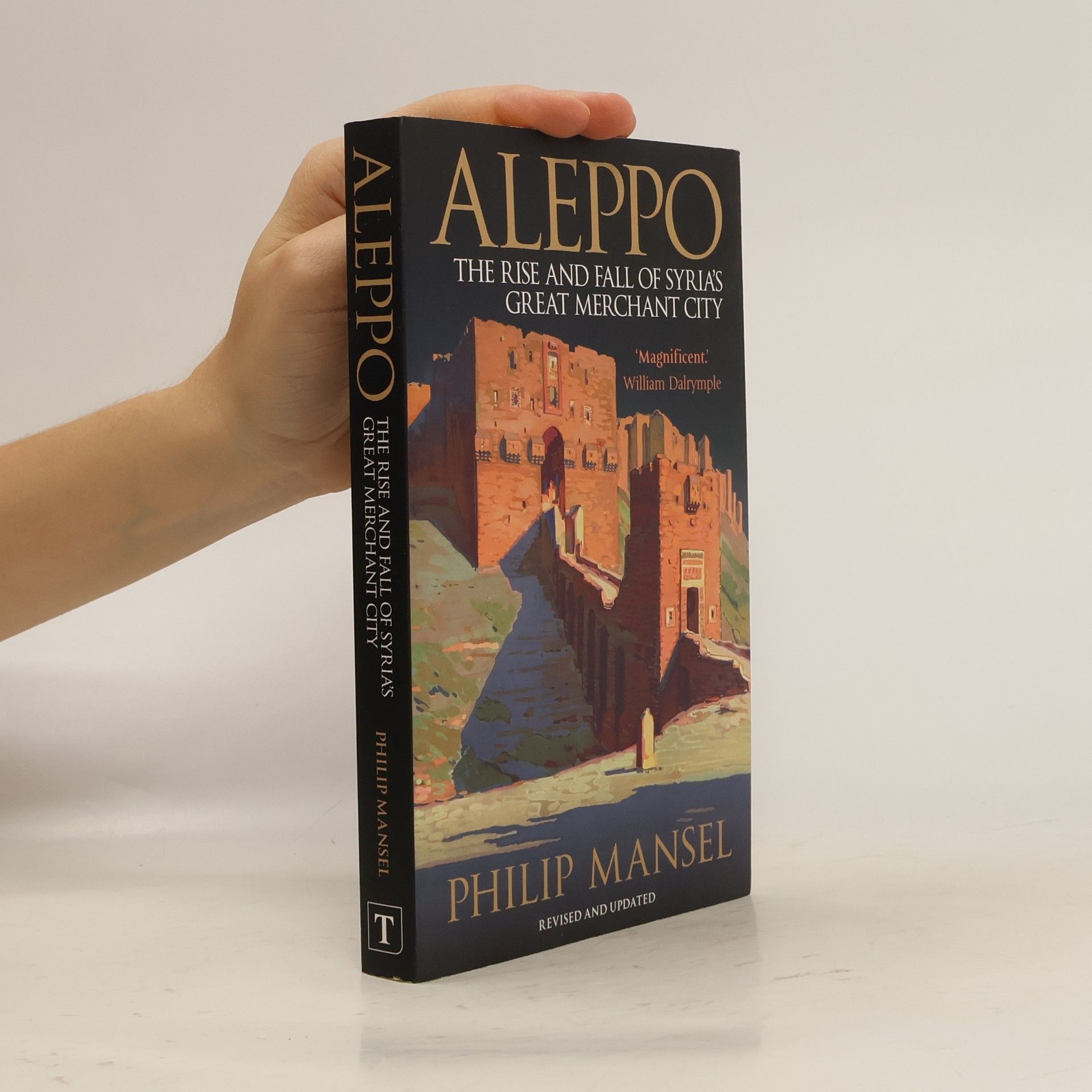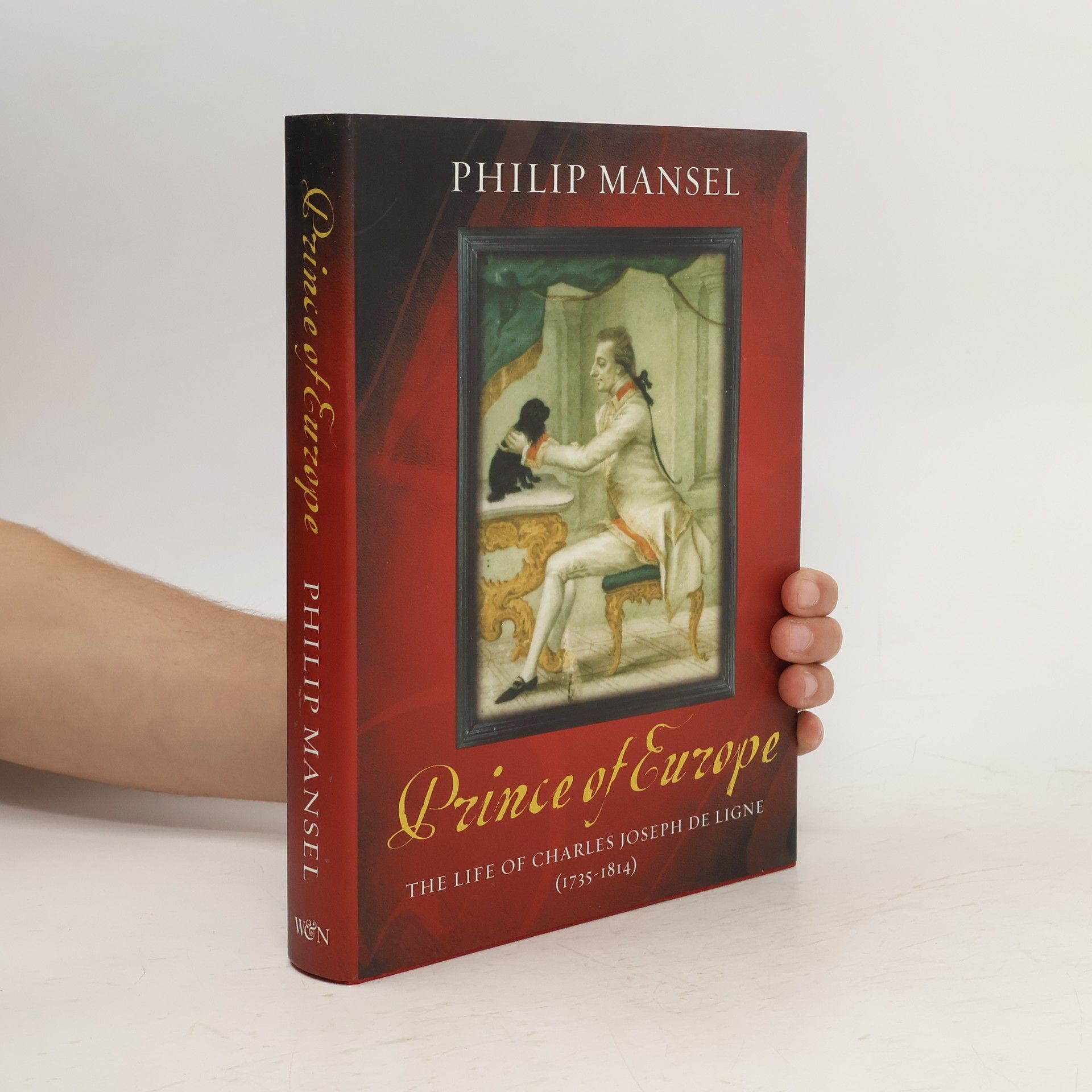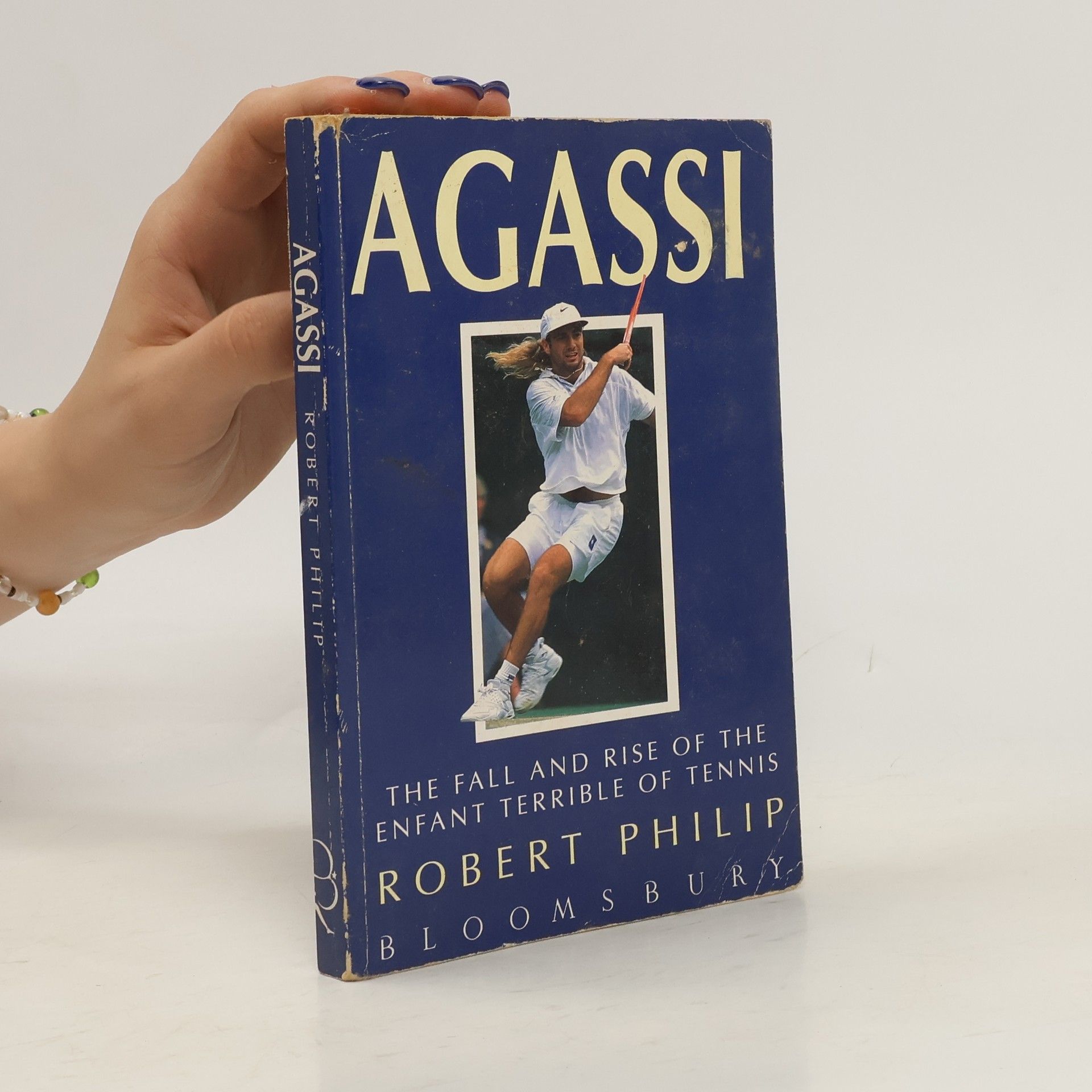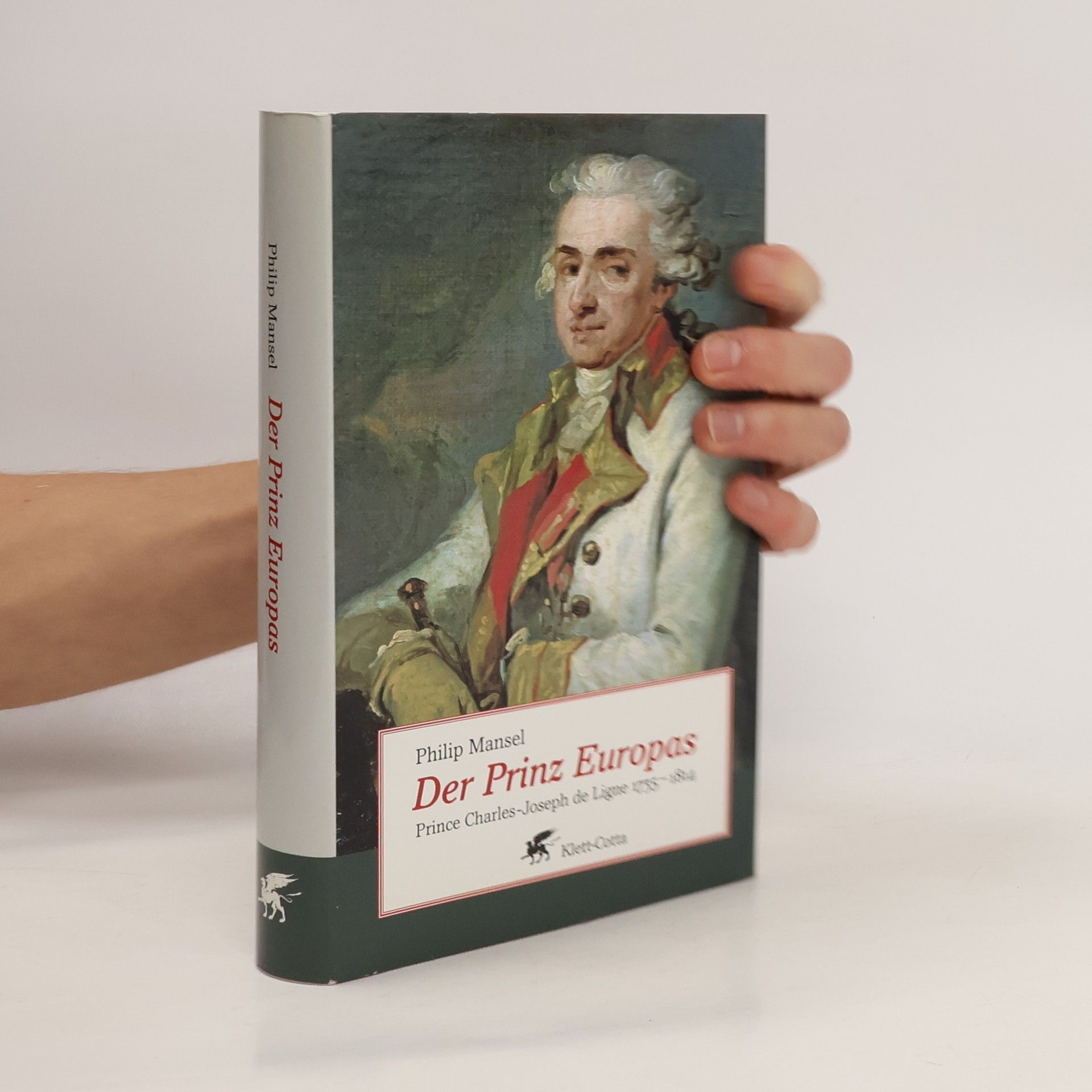This updated biography of Andre Agassi explores the complexities behind his famous quote, "Image is everything." Despite his flamboyant style—complete with designer stubble, a distinctive hairstyle, and eye-catching outfits—the Las Vegas native was initially perceived as a loser. This changed dramatically when he became Wimbledon Champion in 1992, transforming public perception. From a young age, Agassi showed immense talent; he was using a table-tennis bat to hit balloons as a baby, practicing with tennis legends by age four, and winning tournaments by age seven, all while navigating a challenging family dynamic with a father who was a former Olympic boxer. As a teenager, Agassi rebelled against convention, dropping out of school at 13 and engaging in risky behaviors like drinking and smoking. His on-court demeanor was equally controversial, marked by cursing and racket-smashing as he resisted the strict discipline of Nick Bollettieri's Tennis Academy. Turning professional at 16, he quickly rose to prominence, reaching the world’s third rank by 18, while facing accusations of gamesmanship from peers. To maintain distance from outsiders, he surrounded himself with a close-knit entourage, including his brother and trainer. Despite earning millions without a major title, Agassi's fortunes changed when he defeated Goran Ivanisevic to claim the Wimbledon men's singles title in just his 13th grass court match.
Philip Mansel Livres
Philip Mansel est un historien dont l'œuvre explore les subtilités des cours et des villes, avec un accent particulier sur la France et l'Empire ottoman. Son érudition se caractérise par une exploration approfondie de la vie aristocratique, de ses rituels et des mondes environnants qu'ils habitaient. Mansel évoque magistralement l'atmosphère des cours historiques et la tapisserie complexe des centres urbains, le tout rendu dans un style à la fois savant et captivant.






King of the World - The Life of Louis XIV
- 608pages
- 22 heures de lecture
"Philip Mansel's book is poised to become the new standard English-language biography of Louis XIV, one that takes into account the revolution in the last fifty years in knowledge about every aspect of the king's reign: the army; Catholicism; diplomacy; the arts; music; medicine; homosexuality at his court; the role of women and the publication of the entire correspondence of his second wife, Madame de Maintenon. This is a global biography of a global king, whose power on the French monarchy and state was large but also limited by laws and circumstances, and whose interests and ambitions stretched from the eastern frontiers of his territory, which he enlarged to what is essentially France's shape today, to the territories along the Mississippi and Mekong rivers. Through it all, we watch Louis XIV progressively turning from a dazzling, attractive monarch to a belligerent reactionary who sets France on the path to 1789"-- Provided by publisher
"Prince Charles-Joseph de Ligne has the paradoxical reputation of being both famous and little known. He was a Renaissance man in Enlightenment Europe: a grand aristocrat, a talented general, a provocative writer, a brilliant conversationalist, a great garden lover, a moralist and a memoirist. His desire for military glory and literary fame was as great as his appetite for lovers." "The Prince de Ligne witnessed the fall of Napoleon, who fascinated him but whom he refused to meet. He died during the Congress of Vienna, which redrew the map of Europe to the accompaniment of balls and intrigues." "Though sometimes neglected in Britain, Ligne has remained a popular historical figure in Europe. As the continent moves towards greater integration, Philip Mansel has produced a colourful and timely biography of this effortless European - a man for our time."--Jacket
King of the World
- 512pages
- 18 heures de lecture
Louis XIV dominated his age. He extended France's frontiers into Netherlands and Germany, and established colonies overseas. The stupendous palace he built at Versailles became the envy of monarchs all over Europe. In his palaces, Louis encouraged dancing, hunting, music and gambling. He loved conversation, especially with women: the power of women in Louis's life and reign is a particular theme of this book. Louis was obsessed by the details of government but the cost of building palaces and waging continuous wars devastated the country's finances and helped set it on the path to revolution. Nevertheless, by his death, he had helped make his grandson king of Spain, where his descendants still reign, and France had taken essentially the shape it has today. King of the World is the most comprehensive and up-to-date biography of this hypnotic, flawed figure in English. It draws on all the latest research to paint a convincing and compelling portrait of a man who, three hundred years after his death, still epitomises the idea of le grand monarque
The Eagle in Splendour
- 256pages
- 9 heures de lecture
"When I think of the great Emperor, in my mind's eye it is summer again, all gold and green." Heinrich Heine The court of Napoleon I, in its grandeur and extravagance, surpassed even that of that the Sun King. Napoleon's palaces at Saint-Cloud and the Tuileries were the centres of his power, the dazzling reflection of the greatest empire in modern European history. Napoleon's military conquests changed the world and dominate most portraits of him, but it was through the splendour of his court - a world fashioned beyond the battlefield - that Napoleon governed his empire. Using the unpublished papers of the Emperor's leading courtiers, and his second Empress Marie Louise, Philip Mansel brings to life the intoxicated world of a court 'devoured by ambition' as Stendhal called it: its visual magnificence and rigid hierarchy, mistresses, artists and manipulators. The life of the court illuminates the life of Napoleon himself and the nature of a personality that conquered half the world. Yet, he was in the end abandoned by his dynasty and courtiers, his past glories fading into lonely and ignominious exile.
A poignant testament to the city shattered by Syria's civil war. Aleppo lies in ruins, a casualty of Syria's brutal civil war. Its streets are cloaked in darkness, its population scattered, its memories ravaged. But this was once a vibrant world city, where Muslims, Christians and Jews lived and traded together in peace. Few places are as ancient and diverse. At the crossroads of global trade, Aleppo drew merchants from Venice, Isfahan and Agra to the largest souq in the Middle East and it was from here that some of the world's most enduring food, music and culture sprang.
Levant
- 480pages
- 17 heures de lecture
The first English-language history of the Levant in the modern age
„König der Welt“ von Philip Mansel bietet eine neue Perspektive auf Ludwig XIV., der nicht nur für Absolutismus und Pracht von Versailles steht, sondern auch weitreichende Ambitionen hatte. Seine diplomatischen Strategien prägten nicht nur Frankreich, sondern auch das Deutschland des 17. Jahrhunderts. Eine aufschlussreiche Biografie.
Prince Charles-Joseph de Ligne ist ein Mann, wie ihn sonst nur die Renaissance hervorbrachte: ein Hocharistokrat, ein begabter General, ein provozierender Autor, ein glänzender Gesprächspartner, ein großer Gartenliebhaber, ein Moralist und ein Memoirenschreiber. Sein Streben nach militärischem und literarischem Ruhm konnte sich nur messen mit seinem Liebeshunger. Als er 16 Jahre alt war, nahm ihn sein Vater mit nach Wien, wo er dem Kaiser und der Kaiserin vorgestellt wurde. Von diesem Zeitpunkt an befand er sich bis zu seinem Tode im Alter von 79 Jahren ständig auf Reisen und konnte stolz verkünden: »Ich habe sechs oder sieben Vaterländer.« Mit seiner gewandten und produktiven Feder betätigte er sich als Autor, vor allem aber war er ein bemerkenswerter Chronist seiner Zeit. Der Freund Casanovas kannte die meisten Prominenten Europas und wurde selbst zu einer Berühmtheit: wegen seines guten Aussehens, seines Charmes und seiner Begabung zur Konversation. Der Fürst starb während des Wiener Kongresses, auf dem die Landkarte Europas unter der Begleitmusik von Bällen und Intrigen neugestaltet wurde. Zu einer Zeit, da sich Europa auf eine größere Integration zubewegt, hat Philip Mansel eine abwechslungsreiche Biographie dieses »mühelosen« Europäers geschrieben - eines Mannes für unsere Zeit.
